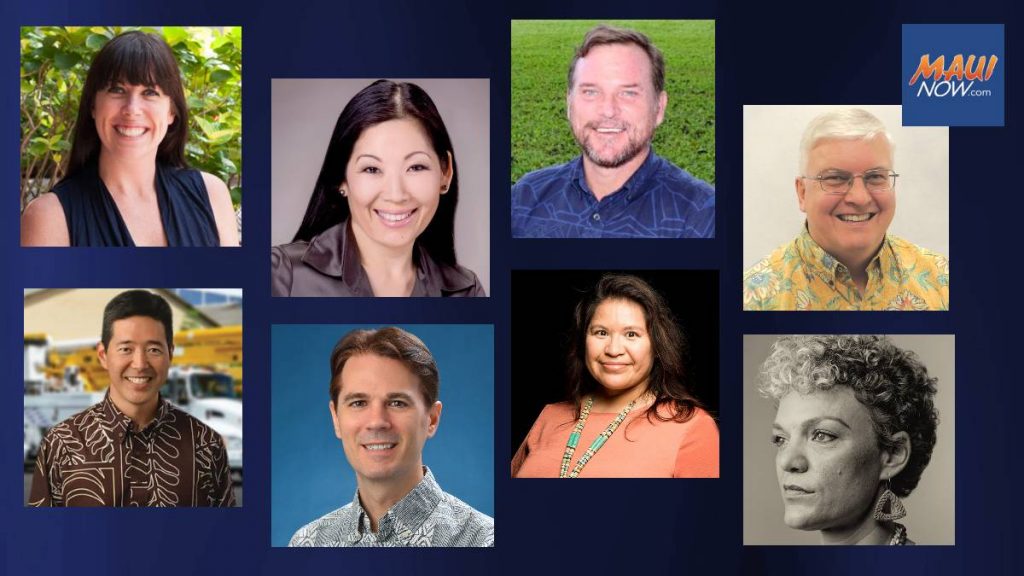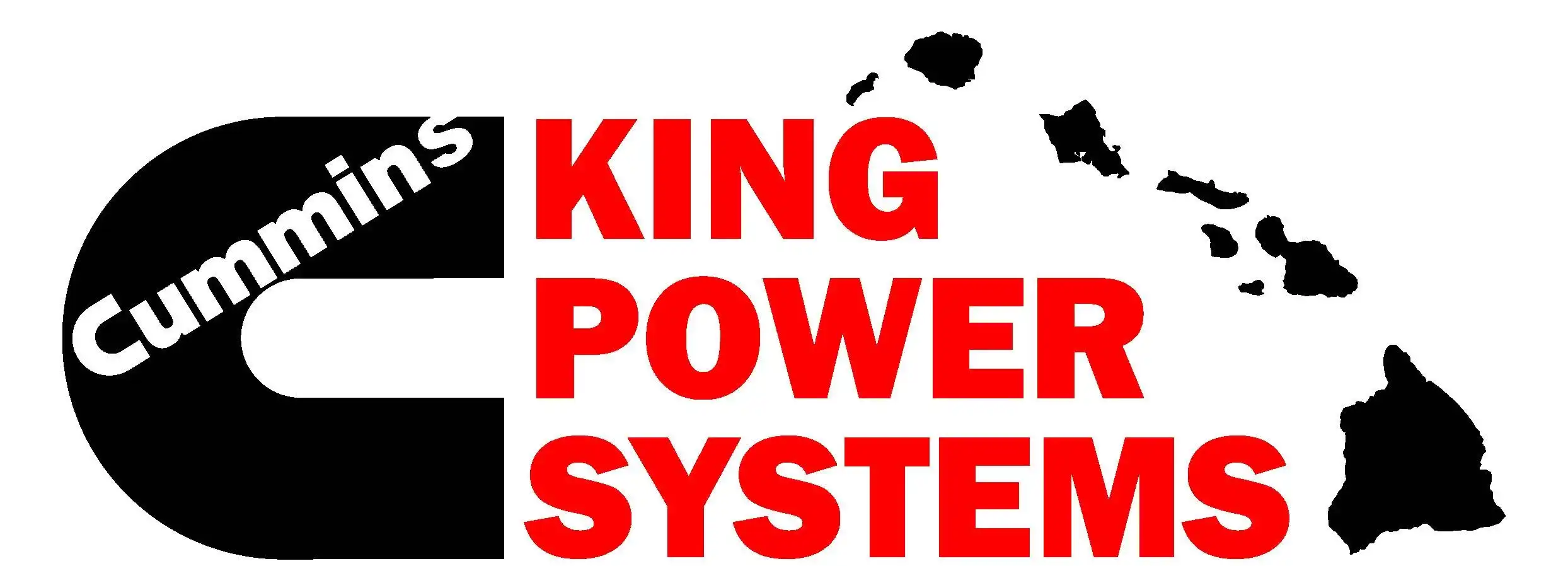Virtual Hawaiʻi Energy Conference Begins June 22, Not Too Late To Register

It is not too late to register for the 8th Hawaiʻi Energy Conference, which will be held virtually this year on June 22 and 24.
The conference will focus on investments in people and projects as energy transitions in Hawaiʻi. The virtual venue opens today for networking.
According to the conference website, there are many ways to invest in the future of energy in Hawaiʻi. It will take creativity and hard work from project developers; the community, including indigenous groups; regulators; and energy service providers to come up with projects that are acceptable for all concerned.
The program includes keynote speaker Suleman Khan (CEO of Swell Energy), panels, interviews and more. For more information or to register, go to hawaiienergyconference.com.
Panel Discussions Include:
- Investing Respectfully in Hawaii: Project Development must balance several factors – social, cultural and financial. This discussion will employ a cultural lens to focus on the dos and don’ts of developing energy projects in Hawaii.
- Distributed Energy Resources: Clean, Affordable and Resilient Power for a Carbon-Free Energy Future: Hawaiʻi is at the leading edge of distributed rooftop solar and storage. Learn what’s happening in the distributed energy resources market in Hawaiʻi and globally as market participants and policy-makers team up to innovate and build a more resilient electrical grid and economy to combat climate change and to prosper.
- How Will ESG Affect Energy Investment in Hawaii? An insightful discussion on how companies’ commitments to environmental impacts, social aspects and governance are impacting investment decisions and how that may shape Hawaiʻi’s energy future.
- Possible federal decarbonization standards – how could that change policies, plans, rules and regulation in Hawaiʻi? Discussions are taking place in Washington on establishing national clean energy standards based upon one of several national, economy-wide decarbonization standards. How could such a national clean energy standard impact Hawaiʻi’s efforts? What impact might it have on Hawaiʻi policy, plans to achieve 100% RPS and other Hawaiʻi goals? How does it impact regulation in Hawaiʻi? Sponsored by Hawaiian Electric.
- Energy Burden and Equity – Designing Energy Efficiency Programs Post Covid: With the highest electricity rates in the country, many families and businesses in Hawaiʻi struggle to afford high energy bills every month. This has only been exacerbated by the high cost of living and the economic downturn caused by the COVID-19 pandemic. These high energy burdens disproportionately impact those already struggling to make ends meet. How are energy efficiency programs throughout the country digging deeper into equity challenges and solutions? How is energy burden measured? What role do cities play in establishing an equity-centered practice to be normalized, organized and operationalized?
- Deploying Utility-Scale Renewable Energy Projects Across the Hawaiian Islands: Highlights and Comparisons from Individual Islands: As one of the most remote land masses in the world, the Hawaiian Islands are a unique place to deploy utility-scale renewable energy projects. The Hawaiian Islands also feature unique contexts and considerations between individual islands. From differences in available renewable energy resources, to nuances in topography, to diversity in community makeup and community engagement approaches, join us for a tour highlighting the opportunities and challenges of deploying various types of technologies and various approaches to renewable energy project implementation across a diverse range of communities throughout the Hawaiian Islands.
For the full program, click here.








